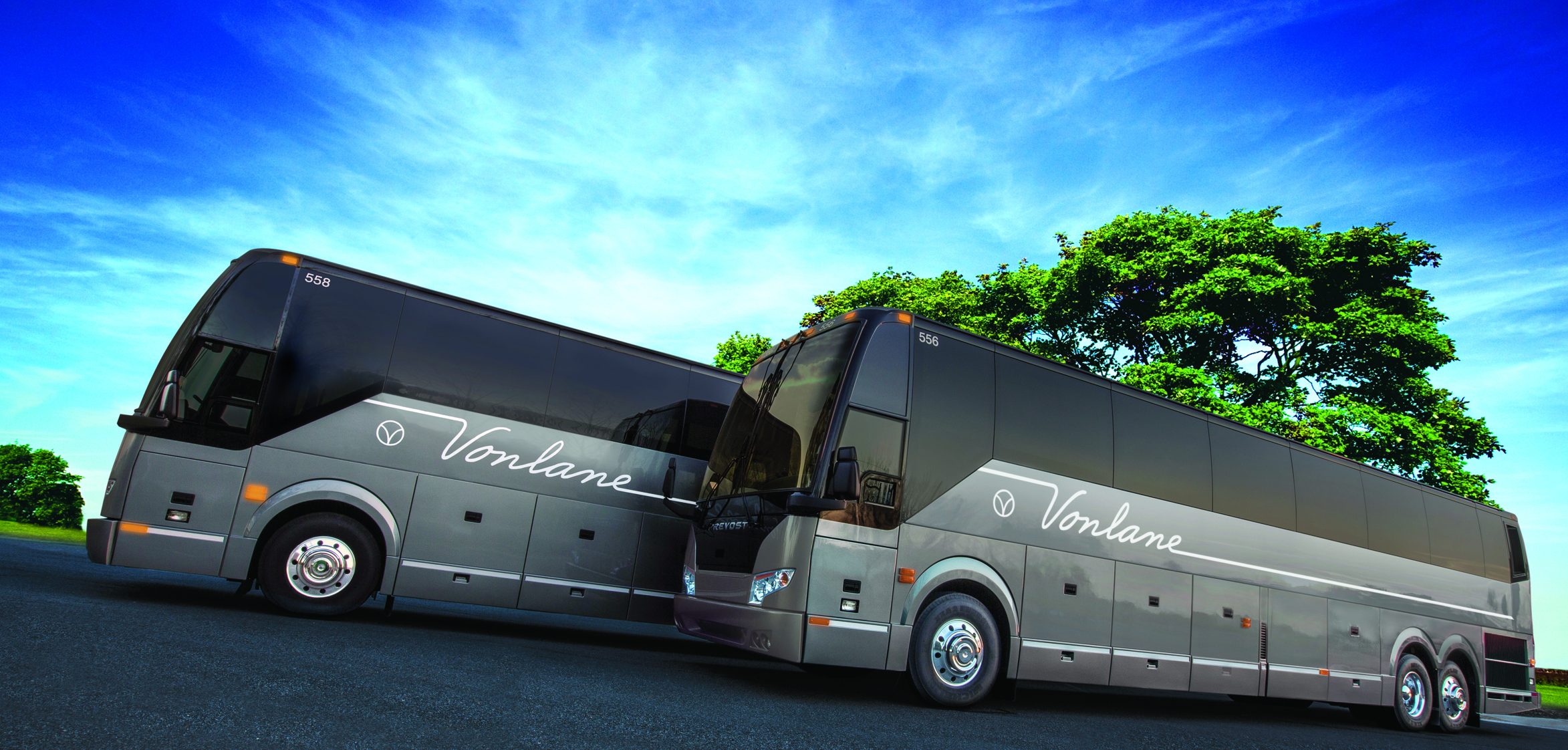From apartments to office towers, the real estate industry remains the last frontier for tech disruption.
But that’s changing fast.
Startups from North Texas and beyond gathered at the DisruptCRE conference Thursday on the 70th floor of the Bank of America tower in downtown Dallas. All the entrepreneurs have an idea that could revolutionize the real estate industry.
Trey Tubbs, director of technology for CBRE, said he’s seen drastic changes in other industries but real estate has room for improvement.
“There really hasn’t been a large technology focus in commercial real estate but I think that’s changing.”
Trey Tubbs
“There really hasn’t been a large technology focus in commercial real estate but I think that’s changing,” Tubbs said at DisruptCRE. “You see a lot of ex-brokers and producers that are getting into the technology startup world with heavy backing. They’re making some serious momentum and strides with their technology products and services.”
They know “there has to be a better way.”
Tubbs said he’s most excited about the digital revolution that’s occurring in real estate that phases out paper so everything can be done digitally.
Here’s a look at the companies looking to change the real estate sector.
Skyrise App
Bradley Joyce founded Skyrise to give property managers a better way to communicate with their tenants. Their service has grown to encompass 3 million square feet of office space in Dallas and Austin.
Tenants can report maintenance issues, find information about on-site amenities or learn about special events.
“It’s a mobile-first platform that connects all the tenants in the building with the property management team and also with each other to build their community inside of their space,” Joyce said.
Skyrise also is being used in apartment buildings in Victory Park and downtown Dallas. Apartment residents can pay rent or find a promotion at a nearby store or restaurant.
“Those deals and discounts are a big draw. That bar down the street might give you 10 percent off because you live close by,” Joyce said.
Fetch Package
The “explosion of e-commerce” has caused problems for apartment complexes that don’t want have the room or the staffing to handle an onslaught of packages.
Some apartments even banned packages.
Henry Talamantes founded Fetch Package to solve that problem by holding packages and delivering packages them on demand. They have a warehouse and a team of drivers, both employees and contract drivers, who can deliver packages at night or when it’s convenient.
“We sent it to you exactly when you’re going to be home,” he said.
The company has already got several apartment complexes in Uptown Dallas and surrounding areas.
“It’s an amenity to the whole building,” Talamantes said. “If you move into a building that has our service, everybody is already signed up and has this service available to them.”
They expect business to pick up for the holiday season.
“We’re trying to get in front of as many property managers as we can just to let them know that we’re out there,” Talamantes said. “There’s an alternative to being squished by packages over the holiday season.”
StealthForce
The gig economy isn’t just for Uber drivers. All over the world, real estate professionals and retirees do side jobs in their field.
Poonam Mathis founded StealthForce to match those professionals with companies who want to hire someone by the job.
“[Uber] made it possible for people to do project-based work,” Mathis said. “We are doing that for real estate. They really know the market and they really know what’s happening.”
Whitebox Real Estate
Knowing how much office space is needed for a burgeoning company can be a real challenge. Or finding an out-of-town office for two weeks.
Grant Pruitt founded Whitebox Real Estate to help small companies find an office in a pinch. The company gets flexible office space for the user that’s fully furnished and staffed with a secretary. They can do it around the world.
The future of office leases is shorter terms that are more flexible and with more options.
Smart Cities
The Smart Cities initiative in the West End of downtown Dallas will start in December with a focus on extending the reach of the Internet of Things (IoT) to everyday items. It’s essentially making parking spaces, traffic lights, street lights and cars connected through a seamless network where everything communicates.
Trey Bowles, founder and CEO of the Dallas Entrepreneur Center, said this Smart Cities change needs to happen to accommodate the influx of new population that’s coming to the region.
“All these data sets will sit on top of each other and interact with each other, which gives us the best opportunity to create those efficiencies through cost savings,” Bowles said.
READ NEXT
DIA Unveils Vision for Living Lab in West End
How Tech’s Allure is Reshaping Historic West End
DIA, Envision Charlotte to Collaborate on Smart City Conferences
The World is Becoming ‘Smarter,’ But How Can Efforts Be Streamlined?
Q+A: Verizon’s Krista Bourne Talks With Smart City Expert Bob Edwards
Delivering what’s new and next in Dallas-Fort Worth innovation, every day. Get the Dallas Innovates e-newsletter.






























